Home >
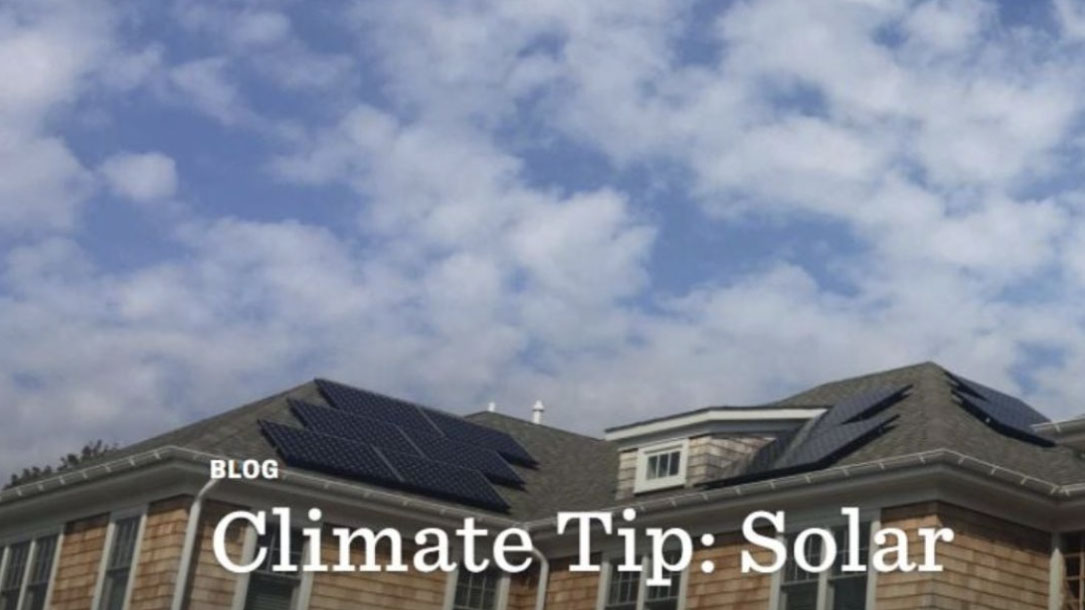
Climate tip: solar
[Recently, the Peconic Land Trust] celebrated National Cut Your Energy Cost Day with a look at our own energy costs. The Peconic Land Trust has been working to cut its energy costs through the use of solar panels—which is both economically and environmentally friendly. The net cost of solar is significantly lower than the current cost of utility power on Long Island, $0.09/ kWH to $0.21/ kWh respectively.
During the renovation of the Southampton office building in 2017, 32 solar panels were installed on the roof by GreenLogic. Since then, the panels have produced over 45,000 kWh of energy at a savings of more than $10,000! Power on Long Island comes from a combination of sources including coal and natural gas…

Building more resilient human and natural communities
Stronger storms, increased rainfall, and periodic droughts are all part of our new normal. Conservation Trust for North Carolina is rising to the challenge our changing climate brings by partnering with affected communities to identify ways that healthy lands can better support and protect people. Including land conservation in larger plans for reducing the carbon output of our state and lessening impacts to communities, we can build a resilient North Carolina.
Conserving land for climate resilience is a top priority for all North Carolinians. Informed by climate science data, we know that taking steps to protect highly resilient property along the Blue Ridge Parkway is valuable to communities long into the future, even as natural areas, wildlife habitat and species change in response to the climate. We are ready to take this purposeful approach….

How to Solar Now
Land trusts are realizing that they must support renewable energy if we are going to have a chance at saving the plants, animals, and communities from the worst of climate change.
This web-based interactive tool combines mapped information with education and guidance to help your community proactively plan for smart solar energy development. Using Geographic Information System (GIS) mapping layers, the tool identifies communities’ natural resources—such as forests, agricultural lands, and wetlands—and overlays them with important characteristics for solar development, such as gentle slopes and distance to transmission lines. It enables communities considering planning and zoning for future solar development, evaluating proposals by developers or identifying preferred sites for solar to make smart decisions that bring clean energy to residents while minimizing impacts to natural and community assets…
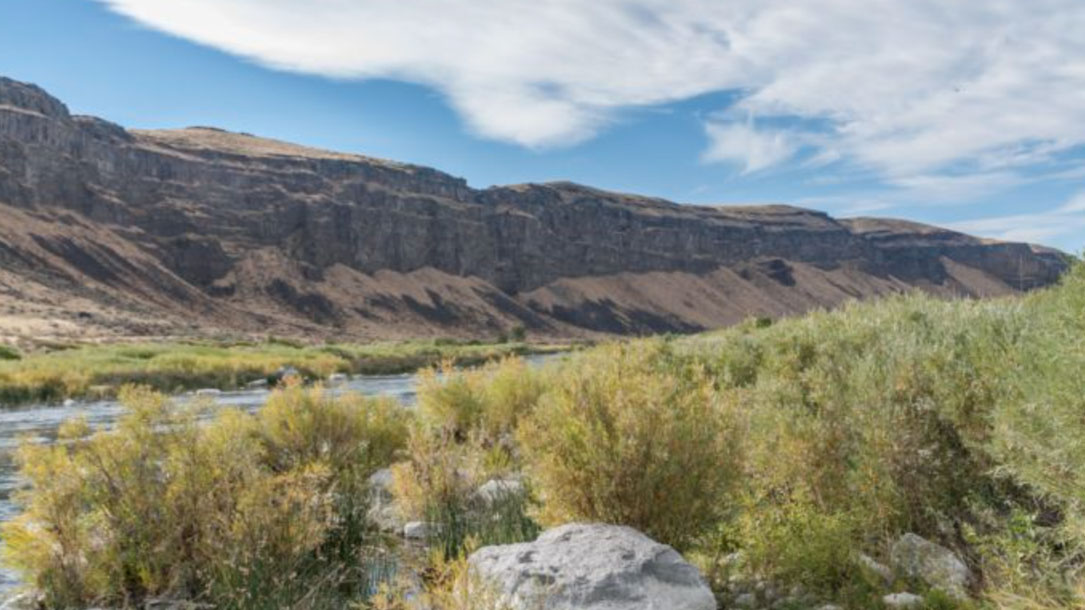
70 bipartisan mayors commit to conserving 30% of U.S. lands by 2030
“Seventy of the nation’s mayors have endorsed a campaign dedicated to conserving 30% of America’s lands, waters and oceans by 2030, an effort dubbed the 30×30 initiative.
The mayors represent 29 states, and Washington, D.C. Most serve in a nonpartisan or independent office, while 21 are Democrats and four are Republican. Cities represented include Chicago, Miami-Dade County and Phoenix…”

Climate ‘champion’ Katharine Hayhoe joins Nature Conservancy as chief scientist
“Katharine Hayhoe, a climate scientist at Texas Tech University and prominent climate communicator, is joining the Nature Conservancy as its next chief scientist, the organization announced Monday.
Hayhoe will be stepping down as co-director of her university’s climate center but will still hold an academic appointment while being involved with the environmental group, where she will play a leading role in its global climate advocacy and adaptation work. Her scientific research has long focused on adaptation and resiliency, two priority areas for the Nature Conservancy…”
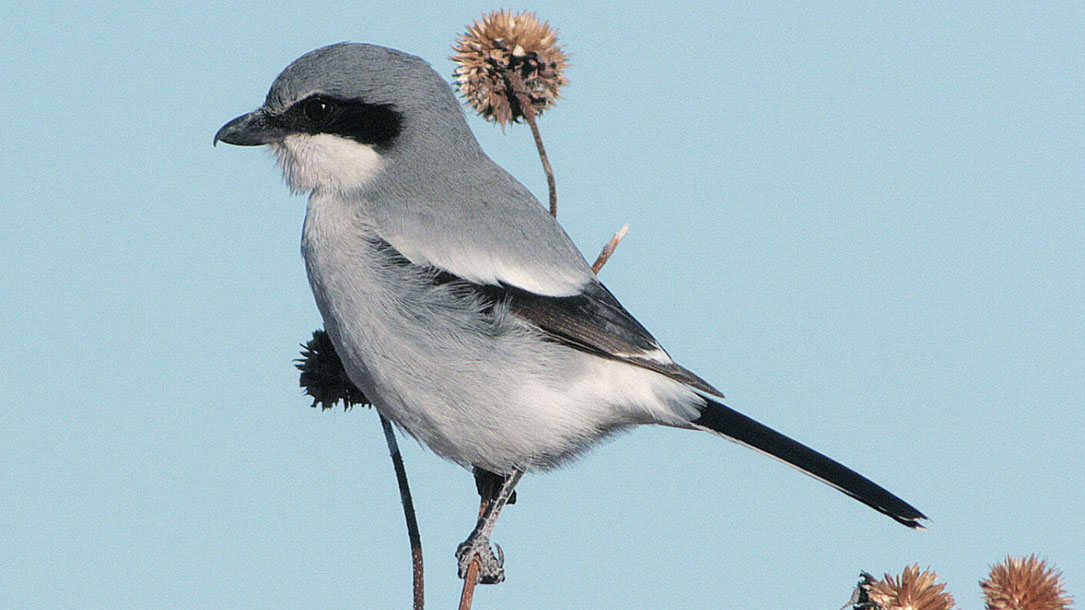
Protocols for bird-friendly habitat management certification
Audubon and its partner ranchers employ a variety of tactics to manage the land upon which cows graze. Together, these tactics are what leads to Audubon’s certification that certain beef products are produced with bird-friendly land-management practices
To get certification, ranchers follow a set of program standards in four areas: habitat management; forage and feeding; animal health and welfare; and environmental sustainability…
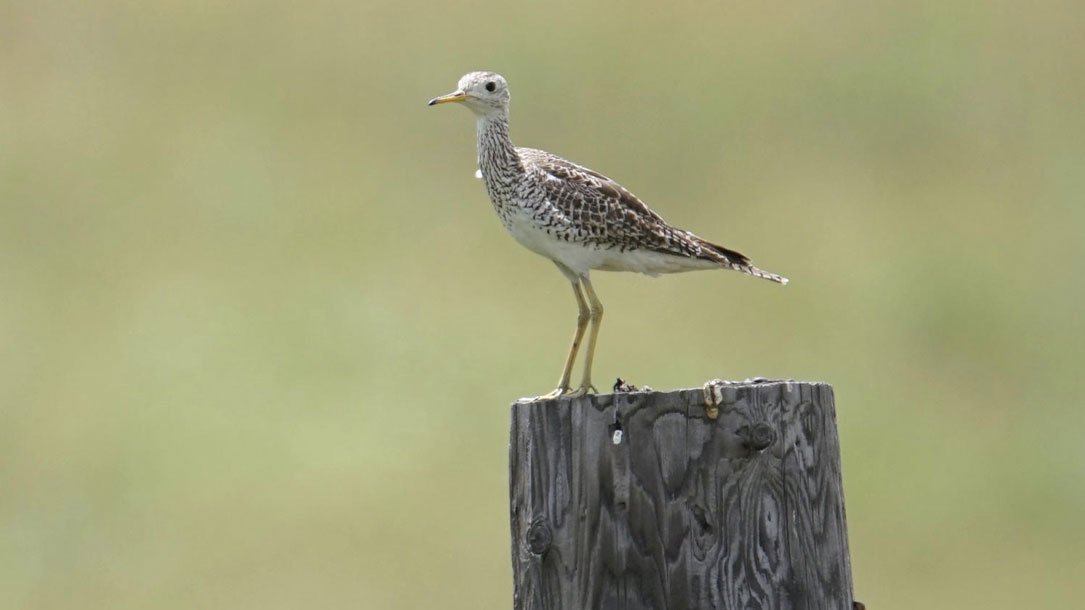
What in the world is conservation ranching?
“Wild bison were unwitting conservationists. As they roved the Great Plains, snacking here, trampling there, the hefty mammal carved diverse plant landscapes for any species’ nesting, mating, or hunting requirements. When humans substituted these shaggy ungulates for cows, the territory transformed. Without guidance, cattle mow fields to a single height and encourage only a couple plants to rebound. Few birds thrive in this monotony…”
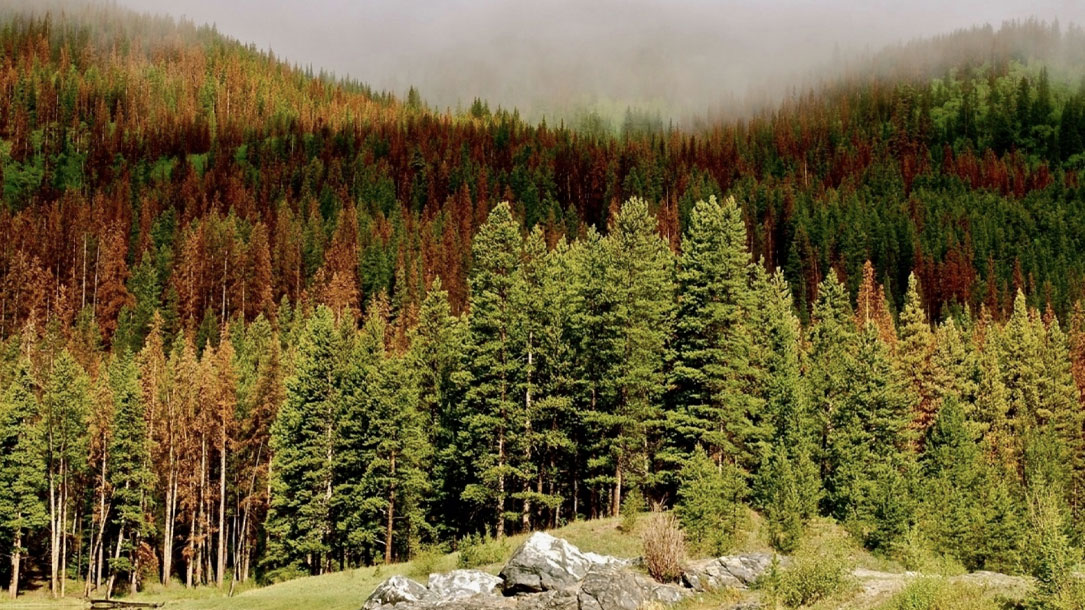
Many overheated forests may soon release more carbon than they absorb
New research shows that Earth’s overheated climate will alter forests at a global scale even more fundamentally, by flipping a critical greenhouse gas switch in the next few decades. The study suggests that, by 2040, forests will take up only half as much carbon dioxide from the atmosphere as they do now, if global temperatures keep rising at the present pace.
The study, published Wednesday in Science Advances, analyzed more than 20 years of data from about 250 sites that measure the transfer of carbon dioxide between land and plants and the atmosphere—the way the planet breathes. Forests and the rest of Earth’s land-based ecosystems take up about 30 percent of human carbon emissions, so any big change in that process is important…
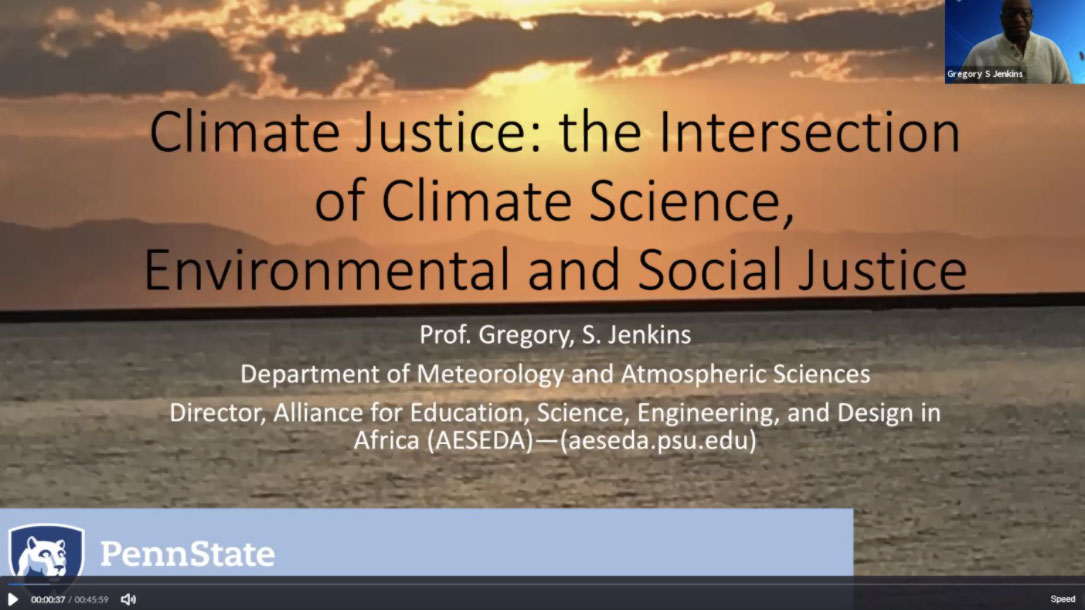
Climate justice: the intersection of climate science, environmental and social justice
The Earth System Science Center has announced the lineup for its spring 2021 Climate Dynamics seminar series. The series will focus on the cutting-edge climate research being conducted in the Earth and Environmental Systems Institute and the Climate Science dual-title graduate program in the College of Earth and Mineral Sciences at Penn State. The seminars, which are free and open to the public, take place from 11:15 a.m. to 12:30 p.m. on Wednesdays via Zoom.
You may appreciate listening to the webinar about climate change, environmental and social justice.
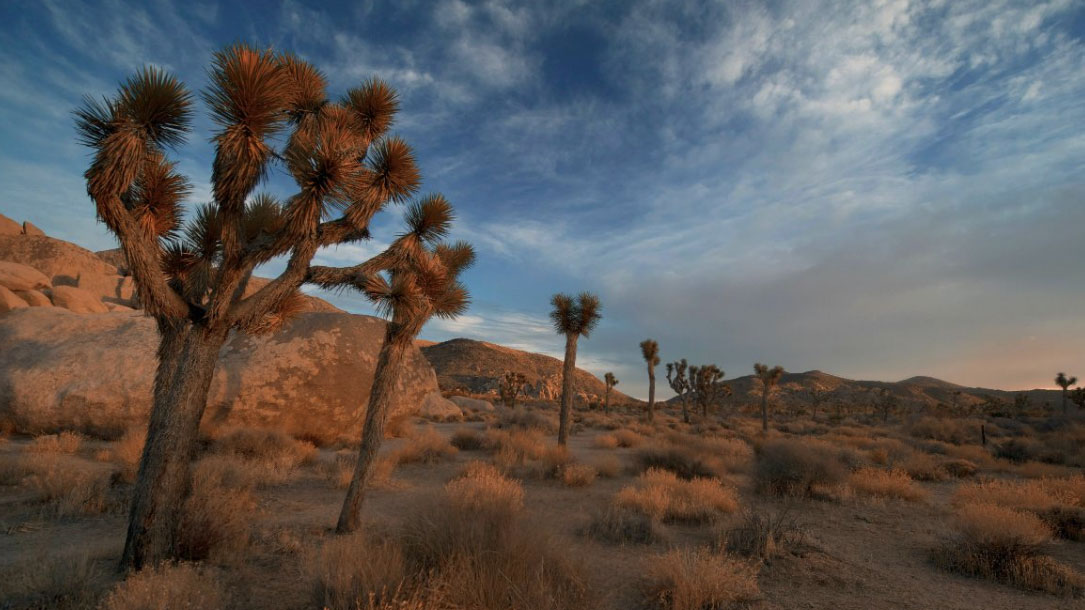
Report: Exposure to climate change drives stability or collapse of desert mammal and bird communities
“Understanding how our warming climate affects vulnerable species is of paramount importance. However, predicting responses is complicated because species are complex and may adapt or respond in distinct ways…”












